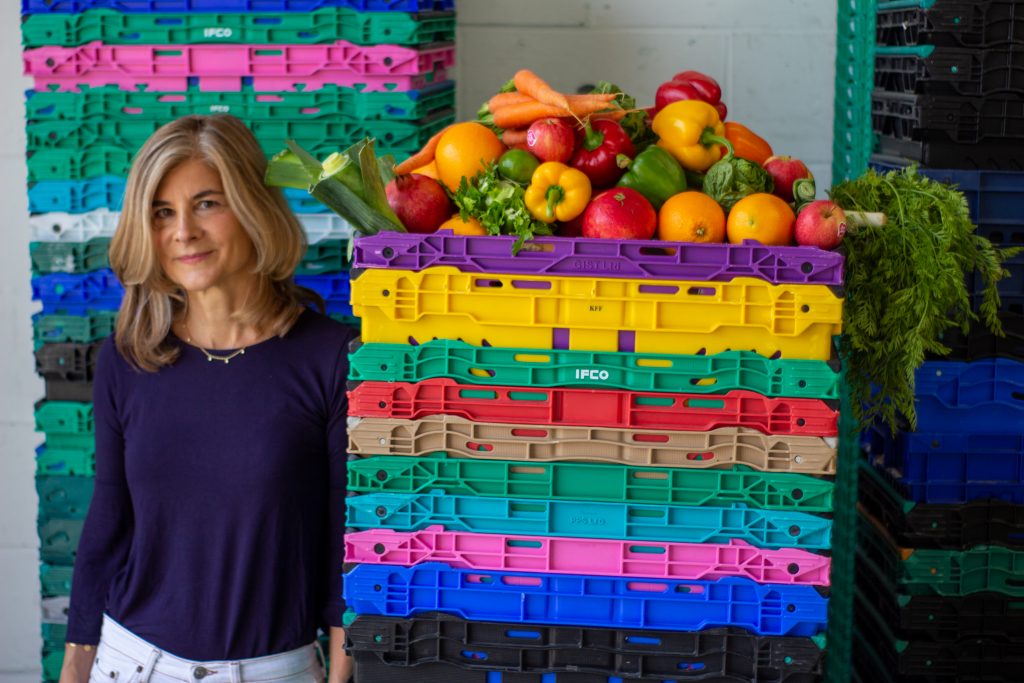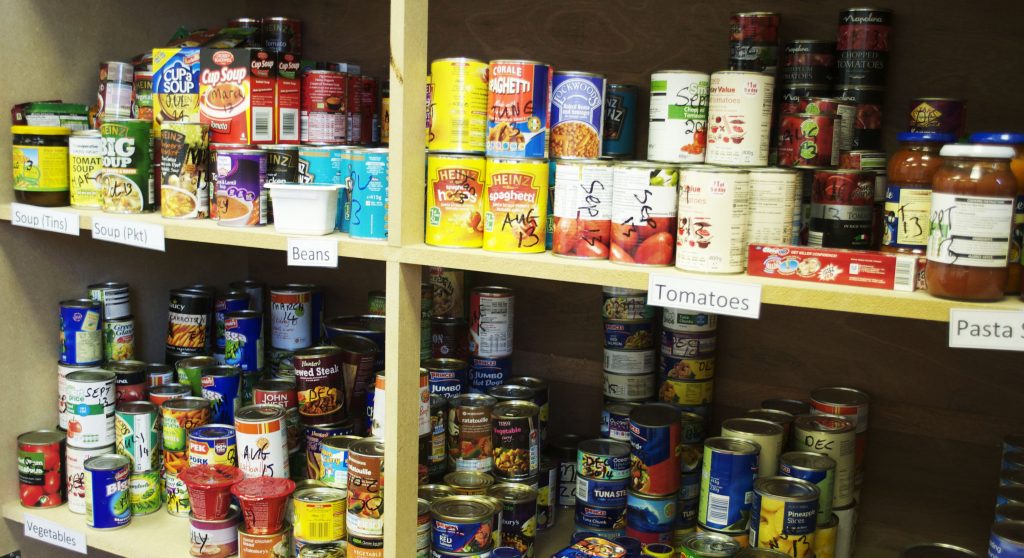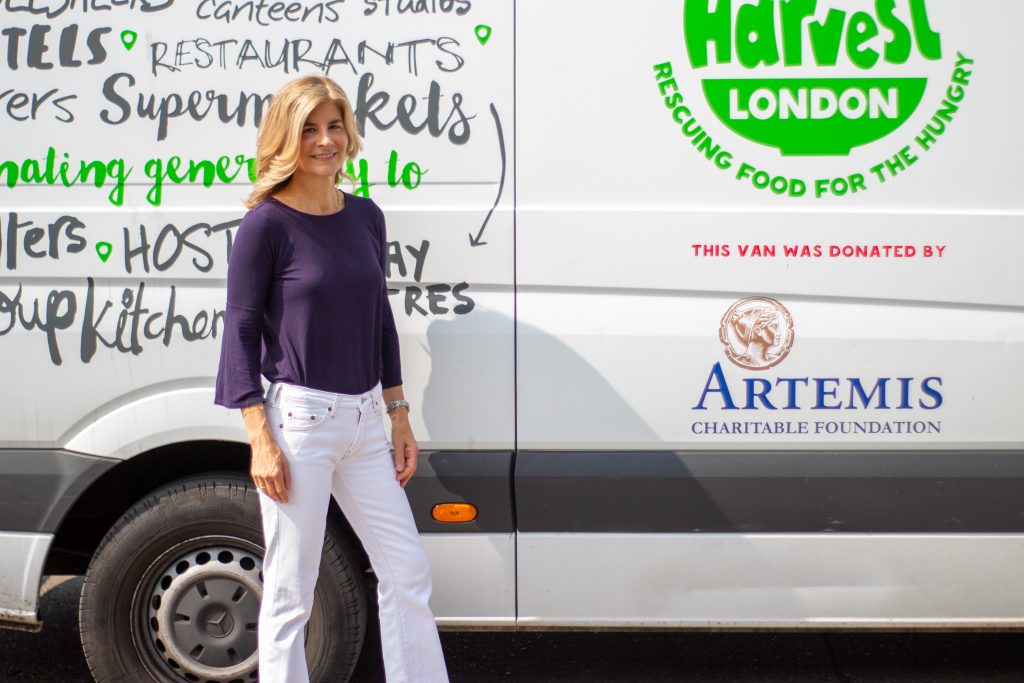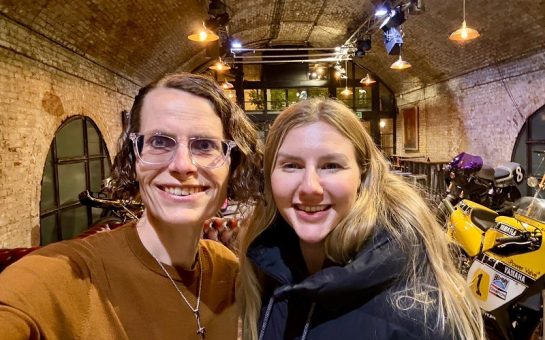Food charity City Harvest has delivered ten million meals in London in the last year to vulnerable groups including refugees, women fleeing domestic violence, children, the elderly and those suffering with mental ill health.
Ahead of World Hunger Day on the 28th May, SWL spoke to Laura Winningham, co-founder of the charity, who recently received an OBE for her work as an ‘Unsung Hero of the Pandemic’.
City Harvest, which was set up in 2014, works with companies like supermarkets and restaurants to collect surplus food that would otherwise be thrown away, and connect it with distributers for the people who need it most, supporting 340 charities through deliveries.
Winningham said: “Whilst many food donation partners inherently care about the planet, they require City Harvest’s deep knowledge base to get the right food to the right people at the right time across the city.”

Winningham, who was based in New York before coming to London, originally worked as a banker on Wall Street where she first became involved in food charity work.
She said when the organisation first started in 2014, they were unsure of the scale of the problem of food poverty in London, explaining that the UK does not really keep track of poverty statistics.
The pandemic has also exacerbated an already growing issue of food poverty in the capital.
Recently published figures from the Trussell Trust, which supports a network of food banks across the UK, revealed the increasing number of people requiring food aid.
The report said: “Over the last five years, the number of emergency food parcels provided to people in crisis by food banks in the Trussell Trust’s network has increased by 73%.”
City Harvest places a special importance on delivering healthy fresh food to allow their recipients to access nutritional food which is generally more expensive, as well as to cater to different cultural needs, and their reach doesn’t stop there.

Winningham said City Harvest’s work reaches further than food banks and kitchens.
Its aim is to get vulnerable people fed and then to provide other important services, including counselling, job advice and training.
The organisation’s help in delivering food free of charge to centres, kitchens and food banks also allows these services to pour more funds into other vital services.
In addition, Winningham explained how the organisation is placing an increasing focus on tackling mental ill health among those who receive their products, reflecting awareness of a growing issue.
Trussell Trust statistics also showed that mental ill health (including stress, anxiety and depression) was common among those using food banks, which affected over half of households.

Right now, City Harvest has over two thousand volunteers, with many of those having experienced food poverty at some point in their lives and Winningham said this dedication is what makes the team so special.
She added: “Our team was willing to go the extra yard because they have been there themselves.”
To donate to City Harvest and gift a food parcel, visit their site.
World Hunger Day is an annual day designed to draw attention to the 820 million people worldwide who suffer from food poverty and combat this through sustainable solutions.
If you are struggling, you can view your options about accessing your local food bank here.
Featured image credit: Andrew McLeay




